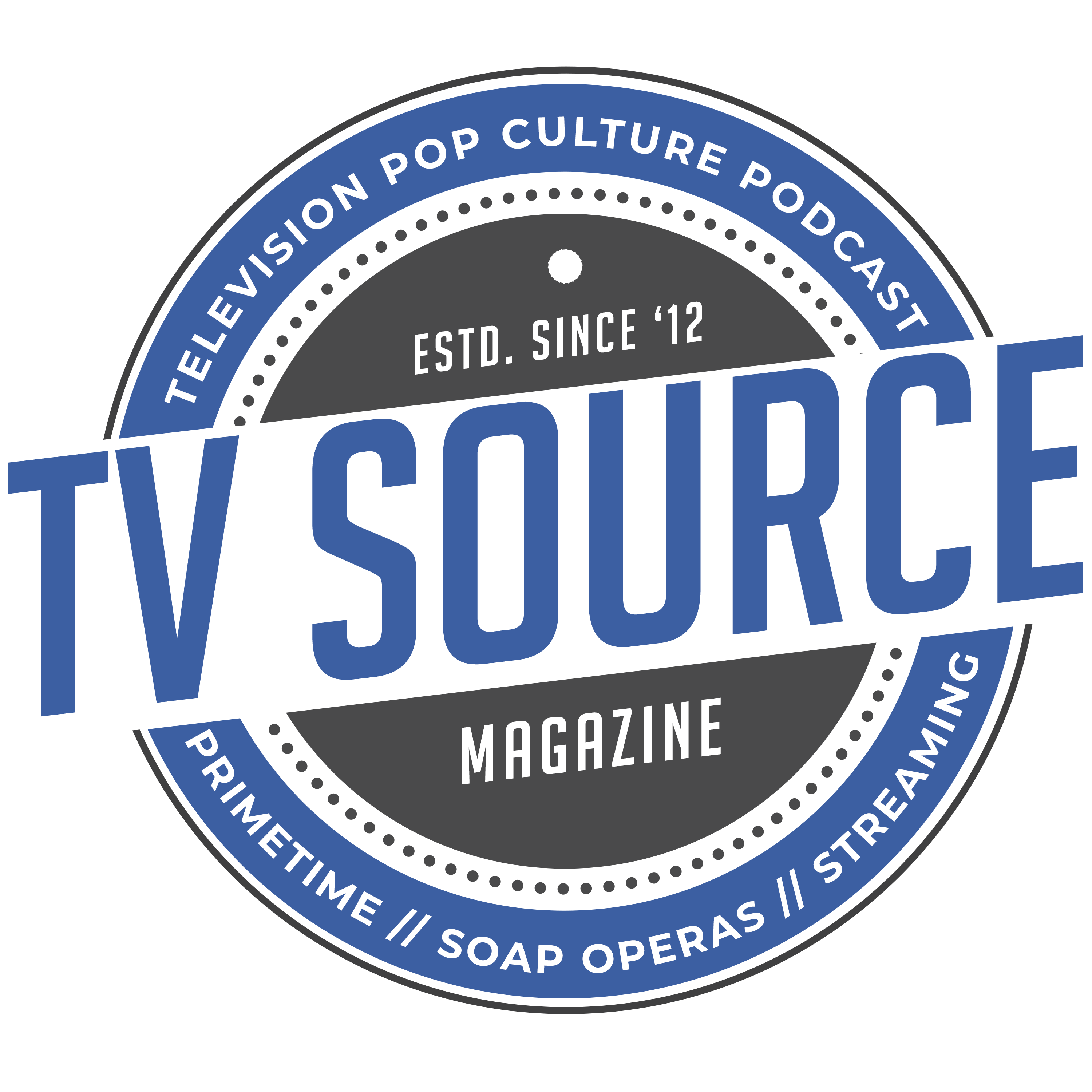Amazon Prime released the first season of Tom Clancy’s Jack Ryan on Friday, August 31, with a second season in pre-production. The series based on the character made famous in Clancy’s books, has been previously portrayed by Alec Baldwin, Harrison Ford, Ben Affleck and Chris Pine. This time, John Krasinski takes on the role of the titular character and gives us the best rendition of Dr Jack Ryan since Alec Baldwin in The Hunt for Red October.
The show smartly presents Ryan in the early years of his career in the CIA. Book readers know he moves up through various positions eventually becoming Vice President. At the end of season 1, Ryan has received a promotion and viewers are treated to the possibility of seeing Jack’s progression on screen if the show were to run for multiple seasons. This concept alone is reason to watch. There’s no better medium for a long form character progression than television and if Season 1 is any indication of the content and quality we can expect for years to come, then we have the makings of a standout series in television history.
Spoilers for Season 1 of Tom Clancy’s Jack Ryan below.

The pilot kicks off with Ryan suspecting and identifying an Islamic fundamentalist, Mousa bin Suleiman (Ali Suliman); a man with enough money to do far more damage than Bin Laden ever did. The show follows him and his superior, James Greer (Wendell Pierce), as they track down this man and stop his attempt to assassinate the President, Vice President, the Cabinet, and several members of Congress along with an entire hospital of patients and staff.
The show is compelling and engaging from moment one and the momentum never slows down. The story heavily focuses on Jack’s guilt from a rescue mission gone wrong while he was in the Marines and how it mirrors his desire to save Suleiman’s son and bring him to America to reunite with his mother and sister. It is Jack’s instinctive desire to do better and be better that helps him stand up for his ideal of a better way and ultimately brings Samir, Suleiman’s son, to safety.

John Krasinski (Jack Ryan), Wendell Pierce (James Greer)
All of that aside, perhaps the biggest take away for me and what the show does really well, is paint the perfect portrait of how Western society is responsible for radicalizing so many. The writing cleverly weaves this thread within the tale throughout from beginning to end with well timed flashbacks telling us the story of Mousa’s radicalization.
We meet Mousa as a young child, carefree, dancing in his room to American 80’s music when his mother sends him and his brother Ali out to feed the chickens. An American airstrike interrupts this chore leaving Mousa and Ali orphaned. They are sent to France where they go in and out of Foster Care for most of their life. Mousa goes to college, earns a degree in finance and tries to get a job with a bank. While waiting for an interview, he is surrounded by young white French men, also there for the position. He recognizes a former classmate who greets him with an air of superiority. He interviews with several older white men and attempts to present an idea that we will come to know as electronic banking. They dismiss the idea for being to forward thinking but mostly because he isn’t white and he isn’t French.

Ali Suliman (Mousa bin Suleiman)
In present day, Jack Ryan and the Captain of the French Police have a conversation in which she attempts to explain the Muslim- French population. She says in America, you get the hyphenation. You can be Italian-American, African-American, etc but in France, you’re either French or you’re not.
This community doesn’t feel French even though many have lived there their whole lives. They are dismissed by “real” French just as Mousa was when he interviews with the bank. Another flashback shows Mousa, a college graduate with a finance degree, coming home from a day working a Halal truck and meeting with his younger brother, Ali, whose ambitions seem less promising. He’s gotten a fire arm and Mousa is upset with him, he isn’t yet a violent man. The brothers are confronted by police officers over the smell of pot and not wanting Ali to get in trouble for having the firearm, Mousa creates a distraction, behaving aggressively, letting his brother get away and himself sent to prison.
Here we have an intelligent young man, with hopes of a promising future being targeted by the French police because he’s Muslim. Ali doesn’t see his brother for some time but when he goes to visit him, he finds a very different Mousa. He has found his purpose with Allah and meeting other Islamic Fundamentalists in prison. He tells Ali that for the first time since their parents died, he feels like he belongs. He wants every Muslim to feel that and thus begins to develop a plan to create the greatest Islamic Nation ever.
This is all the result of a seed planted from his childhood. A child left for dead by American armies that destroyed his home during the Lebanese war. A child dismissed by French society for not being French enough. A child that is never treated with kindness and fairness. It is with every act of misfortune, with every act of unkindness or distrust that Mousa begins to despise the Western world and its culture.

Dina Shihabi (Hanin)
There is a moment in the show when Ryan and Greer are trying to find Mousa’s wife, Hanin (Dina Shihabi), who has fled his compound with his daughters for Turkey as a refugee; they enlist the help of a local Turkish man named Tony. Greer understands how to engage with locals, but Ryan is less than open to playing by their rules. Tony recognizes that Jack views himself as the “good guy” and them as the “bad guys” but Tony surmises that had he been born in a nice city in America, he would be the good guy too. He says something to Jack that resonates:
“Geography is destiny my friend, the world is the kiln, we are the clay.”
The idea that if your are born in a world with a better chance at a better life, the odds that you become the “bad guy” are lower. You, as the viewer, feel very strongly that had Mousa and Ali’s family lived, they may have grown up to be regular citizens in Lebanon. Perhaps if the Western world was more accepting of Muslim’s, Mousa would have gotten that job at the French bank and would have become a contributing member to Western society. Instead, the Western world turned its back on him again and again pushing him to a place in which he was open to being radicalized. He was open to the idea that our way of life was the wrong one. Imagine being constantly treated as if your life and the lives of the people you love don’t matter? Can you see how someone could reach this point of vengeance? This point where they just want to destroy the very society that deemed them unworthy?
The series very subtly makes you feel uncomfortable when you’re sympathizing with Mousa, seeing him as a loving brother and father. Feeling the pain of his loss when he discovers his brother has died. When the CIA operatives realize he had been giving his hostages vitamins, they’re confused. One of them says, “just because you’re an international terrorist doesn’t mean you have to stop caring.”

Dina Shihabi (Hanin), Ali Suliman (Mousa bin Suleiman)
They insert the character of Victor Polizzi (John Magaro), Tombstone, a drone strike officer who drops bombs on identified targets. The task eats away at him as he watches these people with their families and then drops a bomb on them. He kills a man that is accidentally misidentified and is so wrought with guilt, he takes a trip to Syria to apologize to the mans father and son. It is with these small touches within the story that you see things could be different, there are people willing to try to make it better. Much like when Greer, who has been skeptical the whole time, tells Ryan it was good he didn’t give up on Samir and Ryan hopes for the best.
The series tells a surface story about a good guy taking down a bad man but underneath the surface is a story about redemption, about seeing ourselves in someone else, about seeing every person on this planet as a human being, about wanting the same good for others that we want for ourselves. The golden rule, or the ethics of reciprocity, is an Islamic moral principle that calls upon Muslims to treat others the way they would like to be treated.
Greer shares these words from the Prophet with Jack in the final episode of the series:
“No man is true believer unless he desires for his brother that which he desires for himself.”
A forgotten child, a dismissed orphan belongs to all of us. We are all responsible for treating him/her with the same love and care we would our own. That is the fundamental take away from Season 1 of Tom Clancy’s Jack Ryan.
Tom Clancy’s Jack Ryan is available on Amazon Prime streaming service. Starring John Krasinski, Wendell Pierce, Abbie Cornish, Ali Suliman, Dina Shihabi, Haaz Sleiman, Amir El-Masry, Mena Massoud, Timothy Hutton, and John Magaro.














Comments